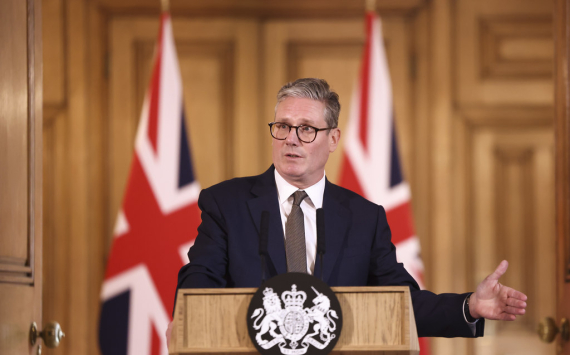
Labour's Austerity Gamble
As the evenings grow darker, the optimism of July feels distant, replaced by growing dismay. The House of Commons has approved the government’s controversial plan to withdraw winter fuel allowances from most pensioners in England and Wales, sparking public outcry. Rachel Reeves has given ministers until Friday to find departmental savings, while Labour’s Treasury projects a cautious and austere future.
Labour’s government is split between two approaches: one, represented by Angela Rayner, Ed Miliband, and others, promotes progressive reforms like workers' rights and public ownership of energy. The other, led by Starmer and Reeves, focuses on bureaucratic efficiency, steering clear of ambitious economic reform in favor of fiscal discipline.
Starmer's recent statement that "things will get worse before we get better" reflects this grim outlook. Meanwhile, Unison warns of a £4.3bn shortfall in council services, threatening deeper cuts to social care and education. Everyday signs of “ambient austerity” — neglected public spaces and deteriorating services — are worsening public cynicism.
As the country struggles with ongoing economic turmoil, Sharon Graham’s proposed wealth tax on the richest 1%, aiming to raise £25bn annually, offers one possible solution. With the public’s patience running thin, addressing these inequalities may be essential to restoring the social fabric.









